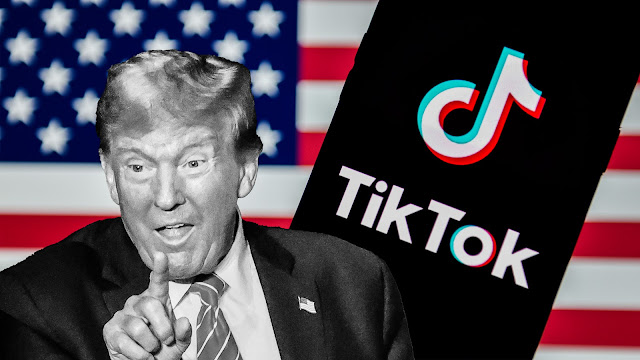In a landmark decision, the United States government has announced the banning of TikTok, the popular social media platform owned by Chinese company ByteDance. The move, framed as a matter of national security, has sparked widespread debate among lawmakers, tech experts, and users alike.
The Rationale Behind the Ban
The ban stems from growing concerns over data security and privacy. U.S. officials have argued that TikTok’s ties to the Chinese government could enable unauthorized access to user data, posing risks to American citizens and national interests. Critics of TikTok have pointed to its ability to collect extensive user data, including location information, browsing habits, and biometric identifiers.
In defense of the decision, the White House cited fears that this data could be exploited for espionage or influence operations. Several bipartisan members of Congress have also backed the ban, framing it as a proactive measure to safeguard the country’s digital infrastructure.
Public and Corporate Responses
The ban has been met with mixed reactions. While some Americans support the move, citing the importance of cybersecurity, others see it as an overreach that stifles free expression and limits consumer choice.
TikTok’s U.S. spokesperson has expressed disappointment with the decision, denying any wrongdoing and emphasizing the platform’s commitment to user privacy. The company has repeatedly proposed measures to alleviate U.S. concerns, including storing American user data on domestic servers and undergoing regular audits. However, these efforts were deemed insufficient by federal authorities.
Legal and Economic Ramifications
The ban is expected to face legal challenges from ByteDance and other stakeholders, who argue that it violates free speech protections under the First Amendment. Additionally, tech industry leaders have voiced concerns about setting a precedent that could lead to further government interference in digital platforms.
Economically, the ban could disrupt businesses and content creators who rely on TikTok for income and marketing. Small businesses, in particular, have leveraged the platform’s algorithm to reach niche audiences, and many creators have built lucrative careers through sponsorships and brand deals on the app.
Broader Implications
The TikTok ban highlights broader geopolitical tensions between the U.S. and China, particularly in the realm of technology. It underscores a growing trend of tech decoupling, where nations prioritize domestic control over foreign digital platforms.
Moreover, the decision raises questions about the future of internet governance and the balance between national security and global connectivity. As governments worldwide grapple with the challenges of the digital age, the TikTok case may serve as a bellwether for how nations address the intersection of technology, security, and sovereignty.
What’s Next?
For TikTok users in the U.S., the ban marks a significant shift in their digital landscape. Many are turning to alternative platforms, while others hope for a resolution that will allow the app to continue operating. Meanwhile, the legal and political battles surrounding the ban will likely unfold over the coming months, shaping the future of tech policy in the United States.
As this situation evolves, it will be crucial to monitor how it impacts not only the tech industry but also broader U.S.-China relations and the global discourse on digital rights and security.



.png)




.jpeg)


0 Comments